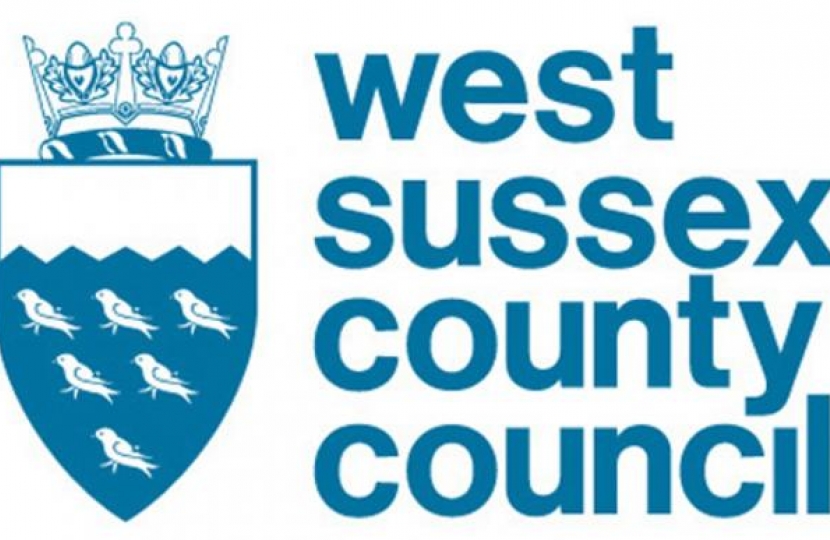
A long-term plan to invest in the county and deliver projects to generate income in the coming years has been approved by West Sussex County Council today (Friday 14 February) at a meeting at County Hall, Chichester.
Members agreed proposals to invest almost £200m in road schemes over the next five years, as well as £45.2m to produce renewable energy and generate income through solar farms and battery energy storage schemes.
The £712m five-year ‘capital programme’ also includes an investment of £47.5m for the Fire and Rescue Service, for a proposed new fire training centre and Horsham fire station, planned improvements to existing fire stations, as well as new state of the art equipment and vehicles.
Other items in the capital programme for 2020-2025 include:
• £57.4m for ‘Growth Programmes’ – working with partners to improve infrastructure, create new jobs, and provide new homes - in areas including Worthing, Burgess Hill, Crawley, and Chichester.
• £49.1m to extend existing or build new schools, ensuring each child in West Sussex has a school place.
• £32.6m to maintain the condition of existing schools, providing for the most urgent items such as replacement heating systems and new roofs.
• £10.4m to create new Specialist Support Centres, to increase provision in mainstream schools for pupils with Special Educational Needs and Disabilities.
• £1.7m for extra care housing to support people to remain independent in later life.
• The funding for road schemes includes £44.2m for the re-alignment of the A29 in Bognor Regis and £19.1m for improvements to the A2300 in Burgess Hill.
The 2020/21 revenue budget - for the day-to-day running of services - includes additional funding for older and younger residents, with total funding growth for Children and Young people of £32.0m - including £12.4m for demand growth together with a further £12.0m for the Children First Improvement Programme. For adults and Health the funding growth is £10.3m. There is also funding of £2.6m for the Fire Improvement Plan.
Paul Marshall, Leader of West Sussex County Council said: “Local government has never been under more pressure financially, so I do not underestimate how important it is that we carefully consider every penny we spend.
“A great deal of work has gone into preparing this budget to not only bridge the funding gap we are facing for the coming year, but also to cover the cost of an increasing demand on our services.
“Whilst we continue to make efficiency savings wherever possible to ensure we can still provide vital frontline services, at the same time I am pleased that we are still able to invest in the future prosperity of our county in key priority areas such as highways, the local economy, and our environment.”
The agreed budget means council tax will rise by 1.99% - plus an additional 2.00% for adult social care – making a total increase of 3.99%. This puts the County Council element of an average band D council tax bill at £1,438.74 – or just under £4 per day. This is an increase of £55.17 per year or £1.06 per week compared to last year’s bill.
Jeremy Hunt, West Sussex County Council Cabinet Member for Finance, said: “Local government is facing a difficult time financially. Demand for our services is increasing, whilst the money we have available to fund these services is decreasing. At the same time we’re faced with uncertainty around future funding allocations.
“Despite saving £240m since 2010 and £18.4m of new savings planned for this coming year, we are faced with no other choice, other than to continue to rationalise services and increase council tax.
“Beyond 2020/21 we will continue to look for ways to save money and increase efficiency, as we look to bridge a further £45m budget gap over the following three years.”
For further information about the council’s budget visit: www.westsussex.gov.uk/budget
